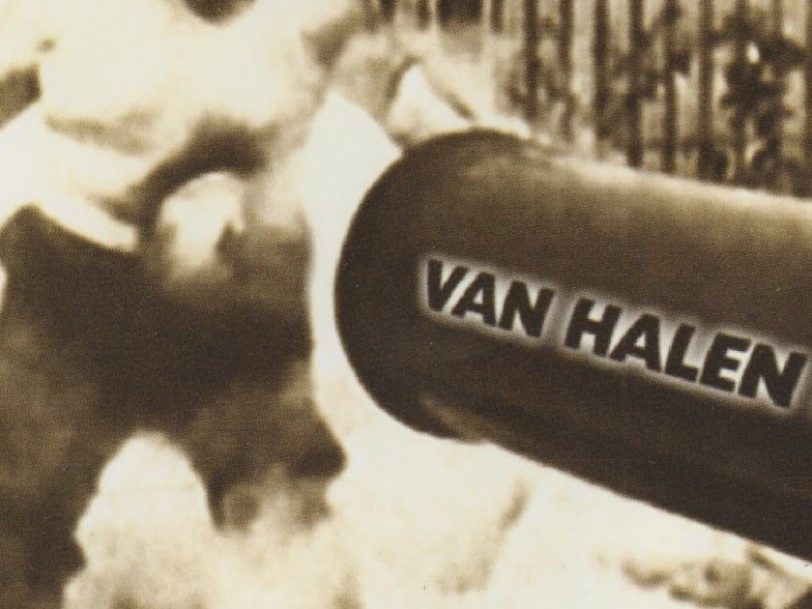Despite its title, Van Halen III was actually the band’s 11th studio album, but it marked the sole project by the group’s short-lived third incarnation. The record went gold upon its release, in the spring of 1998, but, coming after a string of multi-platinum titles (Fair Warning, Diver Down and 1984 among them), it often gets overlooked in a post-grunge music landscape which had seen seismic changes in the hard-rock world Van Halen helped define in the 70s and 80s.
Listen to ‘Van Halen III’ here.
“Our manager said, ‘Do you want to audition?’ I thought he was joking”
Put together during a turbulent time for the band, Van Halen III does stand apart from their wider catalogue. Their larger-than-life second frontman, Sammy Hagar, left the group following 1995’s Balance, and long-serving bassist Michael Anthony departed during sessions for its follow-up. Former Extreme frontman Gary Cherone stepped in to replace Hagar, but while events later decreed that Van Halen III would remain Cherone’s only full-length outing with the band, the Massachusetts-born singer could barely comprehend that he’d been recruited in the first place.
Extreme had “always considered the best [to be] Aerosmith, Van Halen and Queen”, Cherone told Rock And Roll Garage in 2021. “For Nuno [Bettencourt, guitar] and Pat [Badger, bass], as players, Van Halen was the top. When I had the opportunity to join the band, Pat and Nuno couldn’t believe I was joining their favourite band.
“I remember there were rumours that Dave [Lee Roth, Van Halen’s original singer] was coming back,” he added. “Our manager managed Van Halen and Extreme at the same time, and he called me up and said, ‘Do you want to audition?’ I thought he was joking.”




